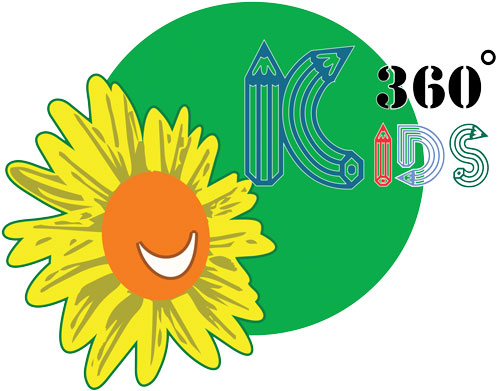Providing Rich Problems and Connections to Real Life
Problem-solving and reasoning with the “big ideas” of mathematics are foundational in our playschool program. Rich mathematical problems:
- Involve Important Ideas: Draw from real-life situations and can be approached in various ways.
- Require Persistence: Often do not have one easy-to-find correct answer.
- Promote Active Participation: Encourage children to make sense of their daily experiences through mathematics investigations, problem-solving, and discussions.
Providing Balanced Mathematics Instruction
The expectations for mathematics are organized under the following subheadings:
- Number Sense and Numeration: Quantity Relationships; Counting; Operational Sense.
- Measurement: Attributes, Units, and Measurement Sense; Measurement Relationships.
- Geometry and Spatial Sense: Geometric Properties; Geometric Relationships; Location and Movement.
- Patterning: Patterns and Relationships.
- Data Management and Probability: Collection and Organization of Data; Data Relationships; Probability.
Integrating Mathematics into Everyday Learning
Mathematics in our playschool is:
- Active and Hands-On: Using concrete materials for tactile experiences to explore and describe mathematical problems and solutions.
- Child-Centred and Problem-Based: Focusing on engaging children in meaningful mathematical activities.
Questioning and Exploration
Questioning is a crucial aspect of our mathematics program. Teachers:
- Model Question Types: Promote problem-solving and challenge children’s mathematical thinking and reasoning.
- Encourage Mathematical Questions: Create an environment where children feel comfortable posing mathematical questions and exploring concepts.
- Use Literature, Music, and Art: Integrate these areas as starting points for mathematical activities.
Planned Opportunities for Mathematical Understanding
Teachers provide daily planned opportunities for children to develop their mathematical understanding through:
- Investigative Learning Experiences: Using mathematics manipulatives in high-quality, hands-on activities.
- Learning Centres: Introducing mathematical concepts, strategies, and vocabulary in various classroom centres.
- Diverse Exploration: Allowing children to explore mathematical concepts and strategies in multiple ways.
Developing a Positive Attitude towards Mathematics
Fostering a positive attitude and perseverance in problem-solving is crucial for future success in mathematics. Children need time to:
- Practice and Consolidate Learning: Through mathematical investigations during free exploration, focused exploration, and guided activity.
- Reflect and Make Connections: Encouraging them to see themselves as mathematicians investigating their world.
Overall Expectations
By the end of Kindergarten, children will:
Number Sense and Numeration:
- Demonstrate an understanding of number using concrete materials to explore and investigate counting, quantity, and number relationships.
Measurement:
- Measure and compare length, mass, capacity, area, temperature, and the passage of time using non-standard units through free exploration, focused exploration, and guided activity.
Geometry and Spatial Sense:
- Describe, sort, classify, and compare two-dimensional shapes and three-dimensional figures, and describe the location and movement of objects through investigation.
Patterning:
- Explore, recognize, describe, and create patterns using a variety of materials in different contexts.
Data Management and Probability:
- Sort, classify, and display a variety of concrete objects, collect data, begin to read and describe displays of data, and explore the concept of probability in everyday contexts.
Conclusion
At 360° Kids Play School, our mathematics program is designed to be engaging, hands-on, and integrated into everyday experiences. By building on prior knowledge and providing rich, real-life problems, we help children develop a deep understanding of mathematical concepts. Through active exploration, questioning, and reflective practice, we foster a positive attitude towards mathematics, laying a strong foundation for future success.

